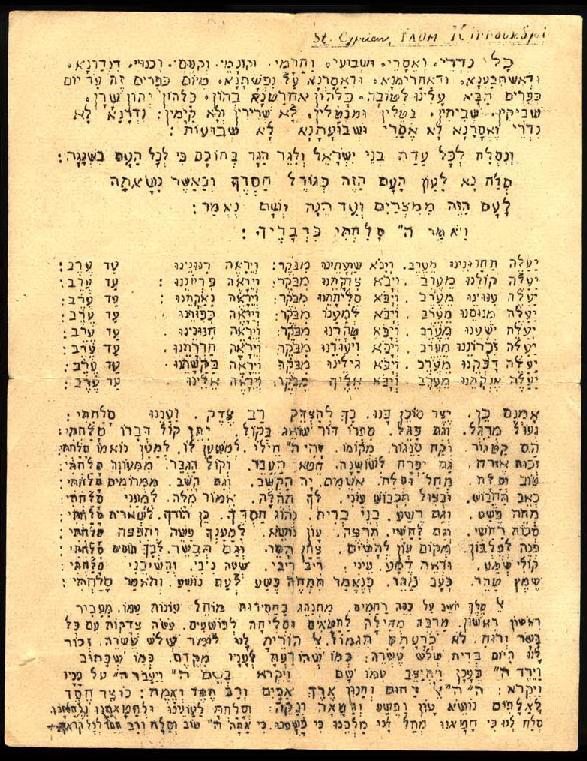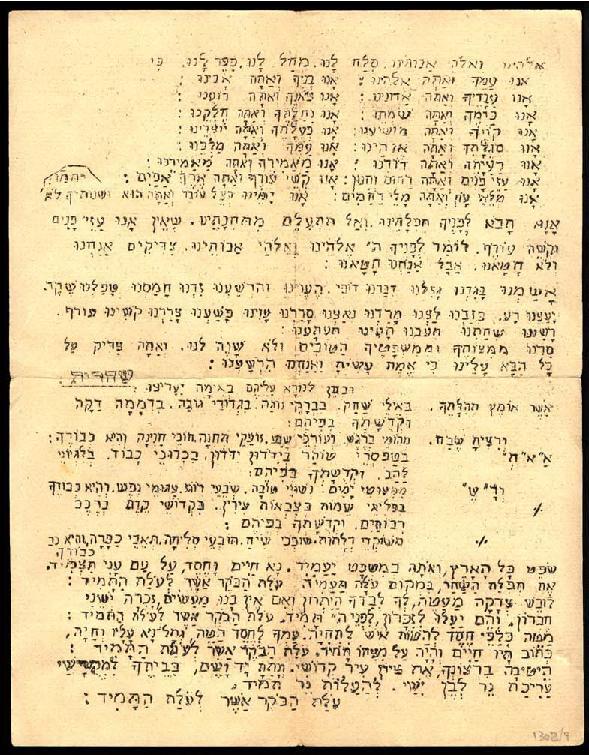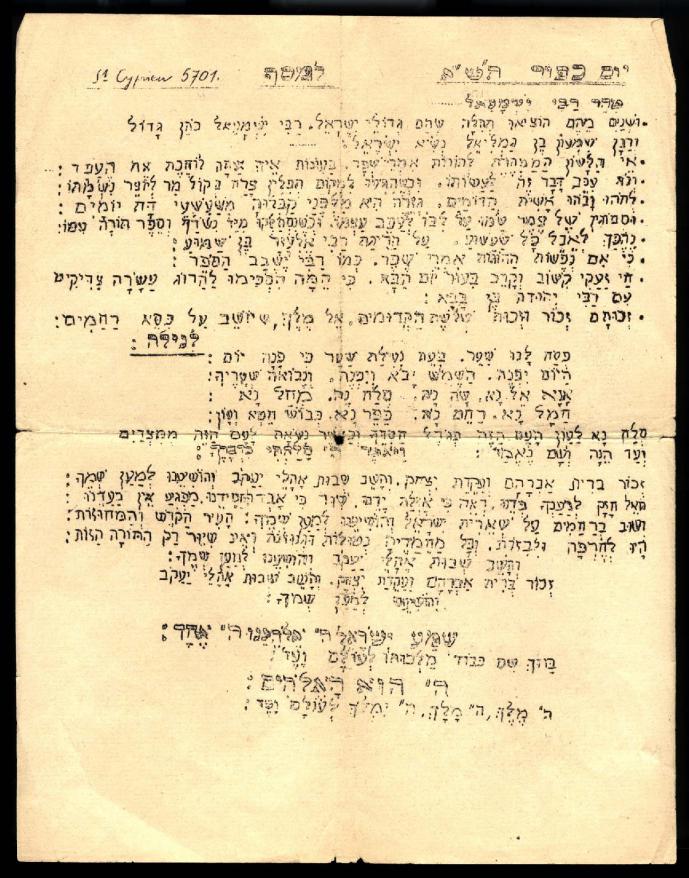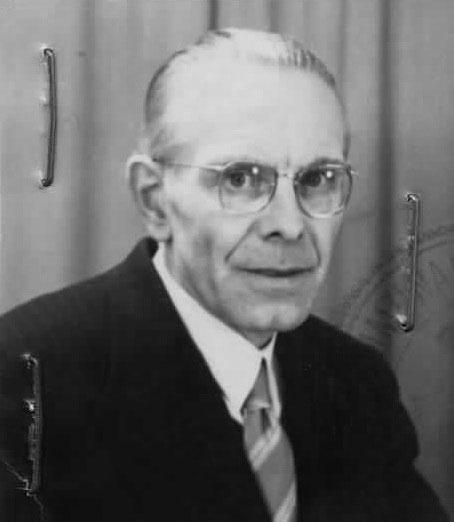
Yad Vashem Artifacts Collection


Yad Vashem Artifacts Collection


Yad Vashem Artifacts Collection


Yad Vashem Artifacts Collection

Aryeh Louis Zuckerman was born in Hamburg, Germany in 1900. His father, Shimon Zuckerman, was the rabbi of Poznan, but after the death of his father, Aryeh, only six years old at the time, went to live with his uncle. In 1924, Aryeh immigrated to Brussels, and began working as a toy salesman. In 1935, he married Fanny Goldberg and the couple had three children: Leah, Shimon and Yehoshua.
In 1940, following the German invasion of Belgium, Aryeh Zuckerman was arrested by the Belgian authorities and deported along with many other German and Austrian citizens living in Brussels. The Jews were sent on the train cars marked "Fifth Column" to France. As the train passed through the stations, the local population would throw stones and assorted objects at it. In addition, Belgian citizens prevented Red Cross officials from approaching the trains to provide water and first aid.
Zuckerman was first sent to the St.-Cyprien concentration camp and later to Gurs. While interned in these camps, the Jewish inmates began to establish a spiritual council. Together with Rabbi Leo Ansbacher and other Jews in the camp, they began to work by helping the sick, organizing a center for religious life, encouraging the study of Torah and establishing a Jewish burial society.
While in the St.-Cyprien, Aryeh Zuckerman helped compile and wrote an abridged version of the Yom Kippur prayer services– some of Judaism's most poetic and prophetic prayers. Yom Kippur, the Day of Atonement, is the holiest day of the Jewish calendar, a time when Jews pray for forgiveness for their sins and for a better year to come. Aryeh wrote these unique prayers down on scraps of paper to bolster the spirits of the deportees and offer them succor in the shocking circumstances in which they found themselves.
In 1942, as the deportations to the death camps began, the prisoners understood that they were living on borrowed time. That May, Aryeh escaped from Gurs, hidden in a coffin. Together with the help of the French gravediggers, he returned to Brussels. Mr. Kapel, a business associate, helped Aryeh and the other members of the Zuckerman family, who remained in the city, to hide. While in hiding, the family assumed a new surname "Martin." Now known as Louis Martin, Aryeh joined the Belgian underground as a traveling merchant, together with Kapel and an underground cell of the Jesuits.
At the end of the war in 1945, the family returned to Brussels. Aryeh worked as a Jewish studies teacher and was active in the Jewish National Fund and Keren Hayesod. He died in 1958. A year before his death, Yehoshua, his youngest son, immigrated to Israel alone and established a family here.
Other Jews in the St. Cyprien and Gurs camps were not as lucky. Some attempted escape, often aided by the religious council and Rabbi Ansbacher. Later, Rabbi Ansbacher also escaped after he was accused of assisting in the flight of others. Ludwig Friedmann, a fellow German-born inmate who had fled to Belgium close to the outbreak of WWII, was captured trying to escape, and in August 1942 he was deported to Auschwitz, where he was murdered. His son Martin kept the Yom Kippur prayer book that his father had used at St.-Cyprien -the mimeographed Machzor (book of Holiday prayers) complied by Aryeh Zuckerman and donated them, along with other items, to Yad Vashem for preservation and safekeeping for generations to come.
Artifacts like this are tangible evidence of the efforts of Jewish prisoners to cling to their traditions, as a means of finding solace and spiritual fortitude in the appalling physical conditions of the French internment camps. This precious memento from the Holocaust is featured as part of an online exhibition of Holocaust-related testimony, artifacts, photos, cards and prayer books from Yad Vashem’s collections, which offers a glimpse into some of the ways that Jews marked the high Holidays before, during and immediately after the Holocaust.









